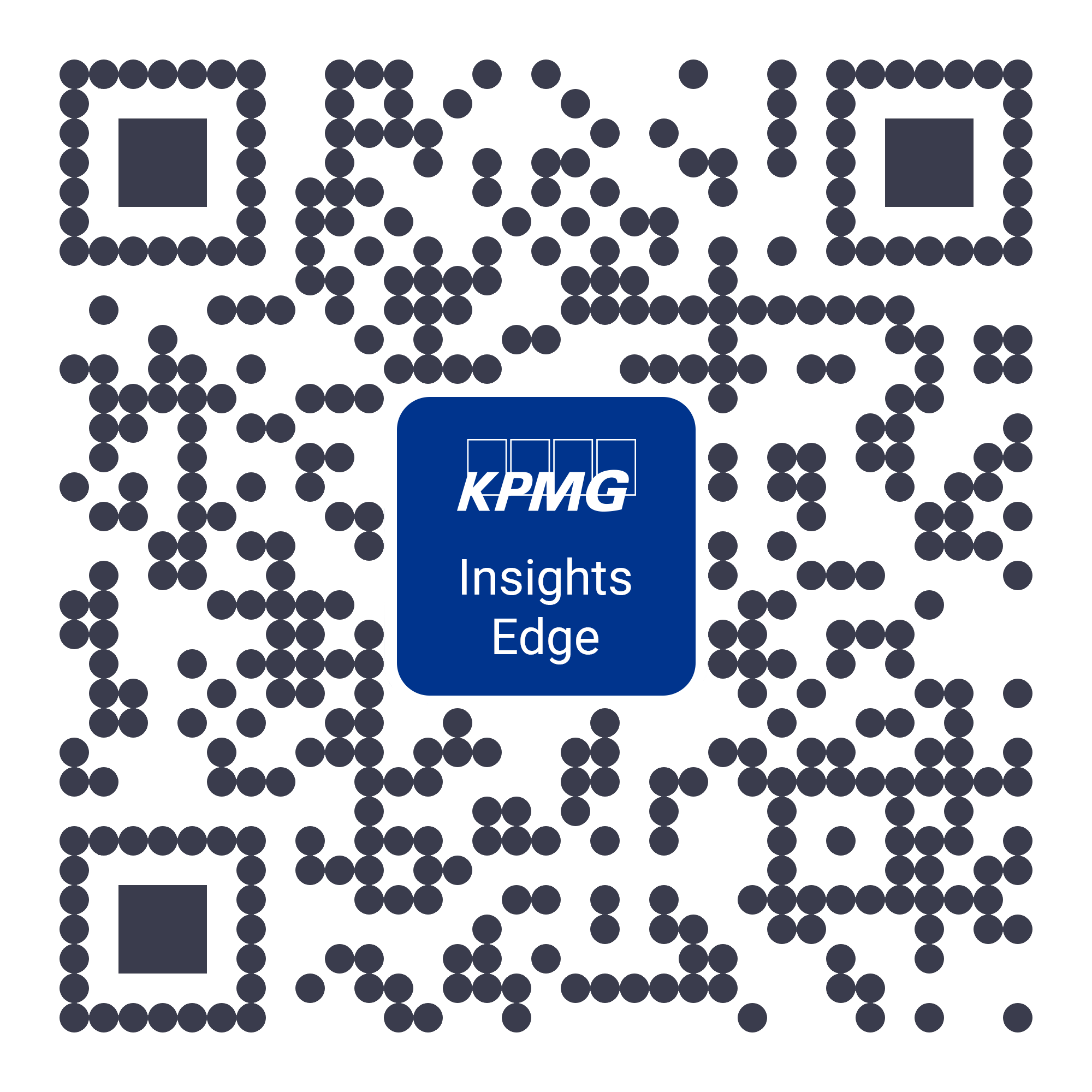Procurement fraud is a prevalent concern, followed by sales and distribution fraud, e-commerce vulnerabilities, inventory manipulation, manpower fraud issues, and code of conduct violations. These trends are consistent with findings from our recent report on emerging corporate fraud patterns.
Particularly, we have noted that organisations with rapid digital transformation initiatives are especially vulnerable when they implement new systems without updates to their control frameworks. This creates gaps that fraudsters can exploit through techniques, such as system manipulation, false documentation, and collusion across multiple touch points.
Today's schemes are particularly troubling because they can go unnoticed for extended periods. Even when concealed, they fit in naturally within individual control settings, making them appear perfectly normal. A striking aspect is not just the variety of schemes but how they are carried out. Most concerning, though, is when multiple actors work together to ensure the scheme stays undetected.





